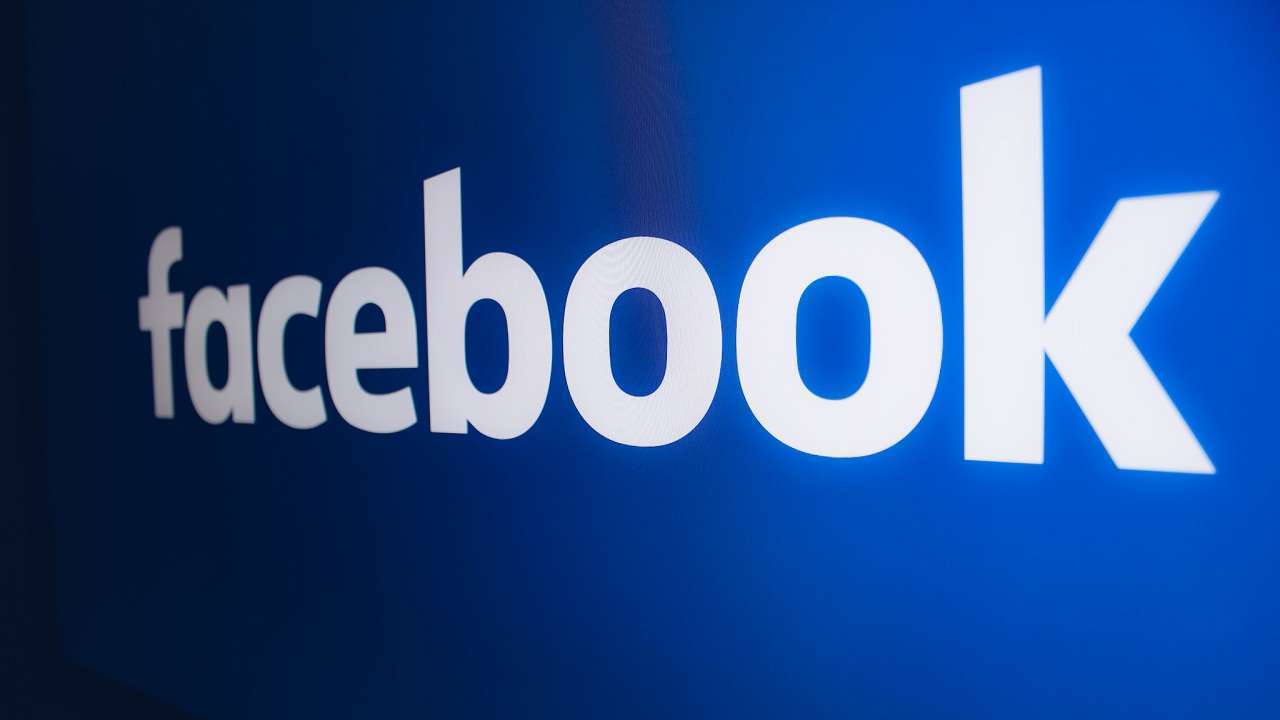
Facebook has blocked Australian users from reading and sharing local and international news following a dispute over media payment law. The company is upset over new legislation brought in by the Australian government that forces the tech companies to pay publishers for their news content.
Through the new law, Australia wants the technology companies like Google and Facebook to pay for the news that is being shared on their platform. It is being reported that the advertising revenue that once supported publishers is depleting.
The new law would force the tech giants to make deals separately with media companies or have fees set for them.
In response to the move, Facebook decided to block news content for Australian users.
The move has sparked outrage as several government and emergency response pages, including health authorities, fire services, and the police were removed from the platform.
“The proposed law fundamentally misunderstands the relationship between our platform and publishers who use it to share news content,” Facebook said in a blog post
“It has left us facing a stark choice: attempt to comply with a law that ignores the realities of this relationship or stop allowing news content on our services in Australia. With a heavy heart, we are choosing the latter.”
Moreover, Facebook has made a deal with Google to challenge the Australian parliament in the proposed law. However, Google has also started to make agreements on revenue-sharing with publishers.
How is the new blockade by Facebook going to play out?
Australian users will not be able to access news content on Facebook from Australian and international media. Meanwhile, international users will not be able to access news content from Australia on Facebook.
Australian media houses and Independent publishers will be restricted by a paywall from sharing or posting any content on Facebook Pages.
Australia Treasurer Josh Frydenberg condemned Facebook's new move. “Facebook’s actions were unnecessary, they were heavy-handed, and they will damage its reputation here in Australia.” he said.